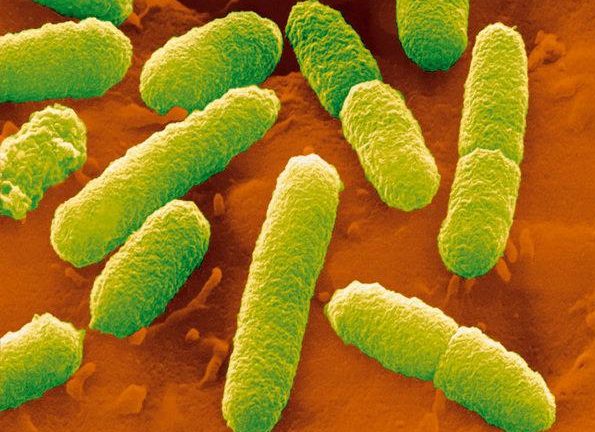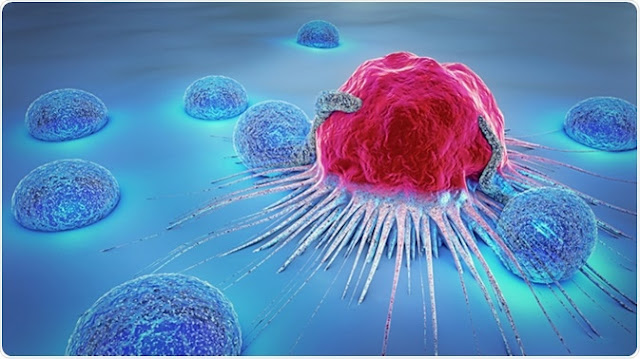Synthetic Genomes and Cells has gained significant traction in the field of human genome projects
There are many exciting developments currently being made in the field of genetic engineering with the development of synthetic microbes and their chromosomes. These involve methods for generating synthetic microbial chromosomes and synthetic genes, methods for producing synthetic microbial genomes and cell membranes, and methods for assembling synthetic chromosomes and genes. Although synthetic microbes and cells have had some initial success in certain applications, the field as a whole is currently very small and is expected to grow in the future. Much larger efforts are also underway to create more complex synthetic organisms and cells.
One exciting field is that of
synthetic genetics. This is an area of synthetic biology that the research
group works on developing and testing new methods of creating genetically
altered species of organisms. Synthetic biologists work in the field to study
and characterize new species. This group includes experts from several
different fields including ecology, evolution, marine biology, and cell and
tissue technology. In the past, the team has only been involved in this project
as a small research group, but today it is one of the major research groups at
the University of Georgia. The goal of this group is to expand and develop the
field of synthetic genetics and build better tools to assist in the study of
genetic diseases and aging.
Another field that Synthetic
Genomes and Cells work on is data storage. Today's culture of personal
information and data storage is very complex. It requires enormous amounts of
storage space, access to storage media, security, and data integrity. This
creates many challenges for those working in the field of synthetic biology.
One such challenge is how to store data that will still retain its biological
properties when passed down the generations.
A challenge that Synthetic
Genomics teams face is how to design and build highly functional cells that can
be passed on from generation to generation. As we move into the age of fully
automated gene synthesis, we are creating artificial organisms that have the
ability to replicate themselves. These cells can be used to create new
materials that can be used for medicines, plastics, fabrics, and even
cosmetics. Synthetic Genomes and Cells have the ability to design these fully
automated systems and then pass them down from parent to offspring. This will
allow Synthetic Genomics researchers the ability to solve the data storage
problems that have plagued the field of synthetic biology for years.
Another challenge faced by
Synthetic Genomes and Cells is the effort to deal with the human data involved
with genetic engineering. Human embryonic stem cells are the main source of DNA
for the development of these fully automated gene synthesis systems. When these
stem cells are in the laboratory they can be used for drug testing and
research. However, these stem cells are extremely delicate and even a slight
error can lead to the rejection of the material and the loss of the valuable
genetic resource. The global commercial launch of the Synthetic Genomics
Platform will address this issue head-on by ensuring that the DNA data storage
solutions used by the researchers are as error-free as possible.




Comments
Post a Comment